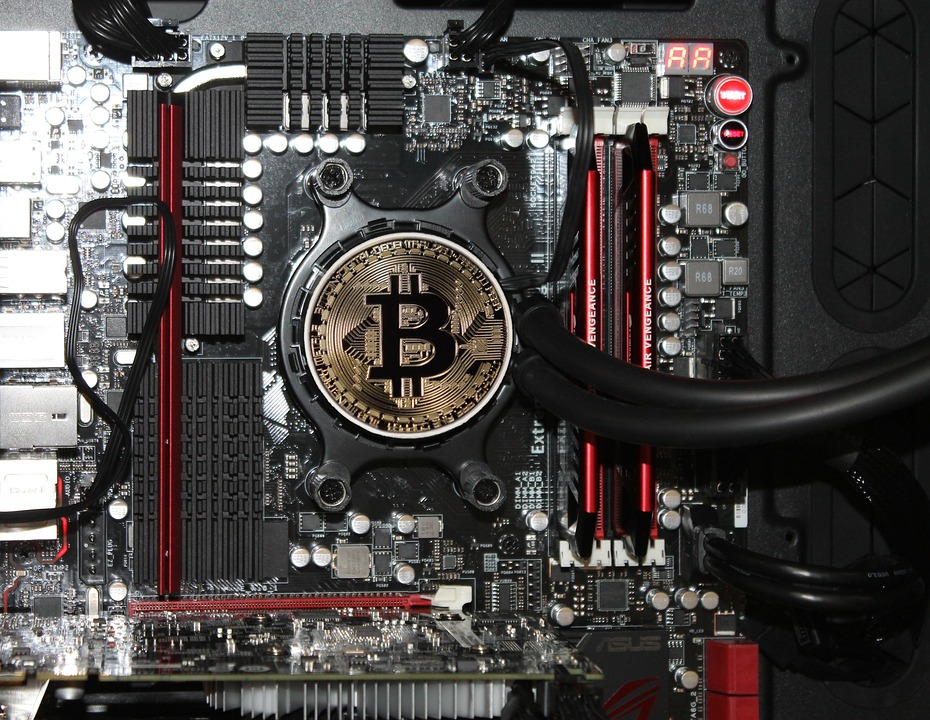Decentralization: Transforming Industries and Empowering Individuals
Decentralization has been a growing trend in various industries, including finance, technology, and healthcare. This concept involves distributing power and decision-making away from a central authority and giving it to individuals or smaller, independent entities.
In the realm of finance, decentralized finance (DeFi) has been gaining popularity in recent years. DeFi platforms utilize blockchain technology to create a financial system that is not controlled by any central authority, such as a bank or government. This allows for peer-to-peer transactions and opens up access to financial services for individuals who may have been excluded from traditional banking systems. With decentralized finance, individuals have more control over their assets and can participate in lending, borrowing, and trading without the need for intermediaries.
Similarly, in the technology sector, decentralization has been driving innovation and disrupting traditional models. Decentralized applications (dApps) run on blockchain networks, removing the need for a central server or authority to control the application. This allows for greater security, transparency, and privacy for users. Decentralized social media platforms, such as Steemit and Minds, give users more control over their data and content, unlike traditional social media platforms that profit from user data and algorithms.
In healthcare, decentralized systems are revolutionizing the way medical records are stored and accessed. Blockchain technology ensures the security and immutability of patient data, while also allowing patients to have full control over who can access their information. With decentralized healthcare systems, individuals can securely share their medical data with healthcare providers, researchers, and insurers, leading to more personalized and efficient healthcare services.
Decentralization empowers individuals by giving them greater control over their assets, data, and decision-making. It promotes inclusivity and democratization, enabling participation from a wider range of actors and reducing the influence of intermediaries. By cutting out middlemen and central authorities, decentralization also lowers costs and increases efficiency in various industries.
However, decentralization is not without challenges. Regulatory uncertainty, scalability issues, and security concerns are some of the obstacles that must be addressed as decentralized systems continue to evolve. Education and awareness are crucial in ensuring that individuals understand the benefits and risks of decentralized technologies.
Overall, decentralization is transforming industries and empowering individuals by promoting autonomy, transparency, and innovation. As decentralized systems continue to mature and gain mainstream adoption, they have the potential to reshape the way we interact with technology, finance, healthcare, and other sectors, ultimately leading to a more equitable and decentralized society.
